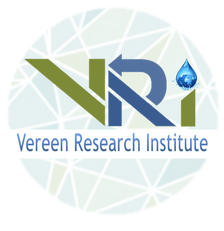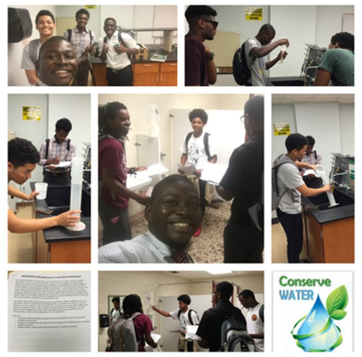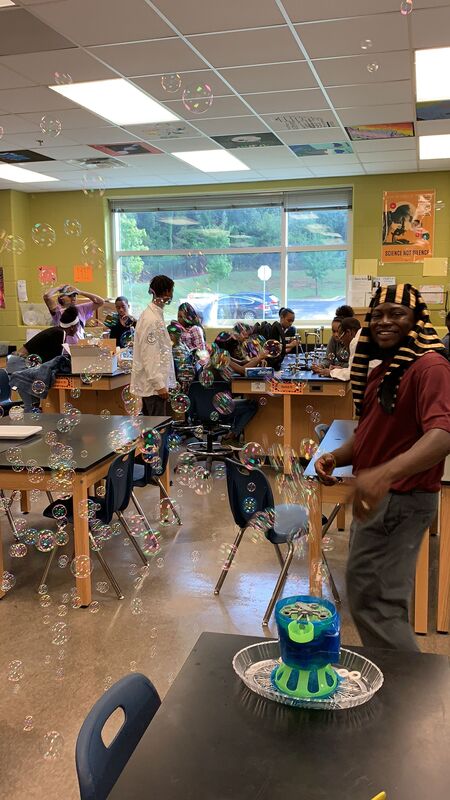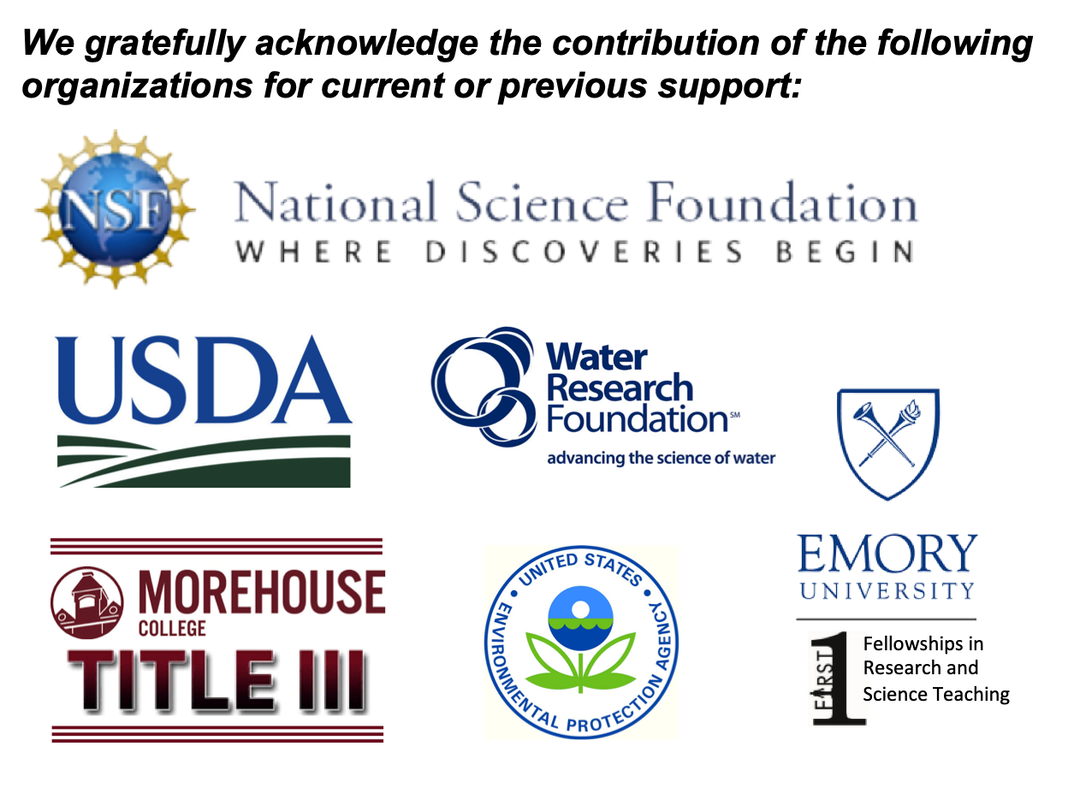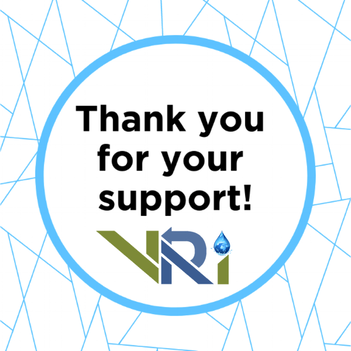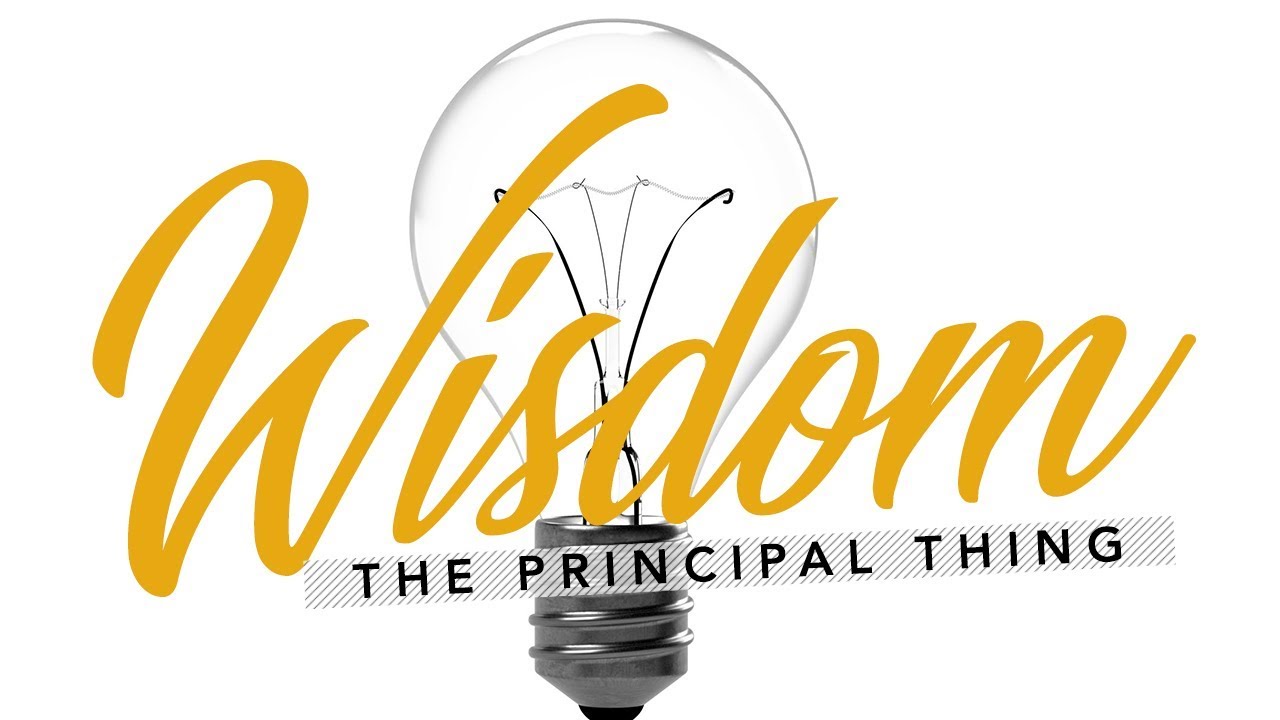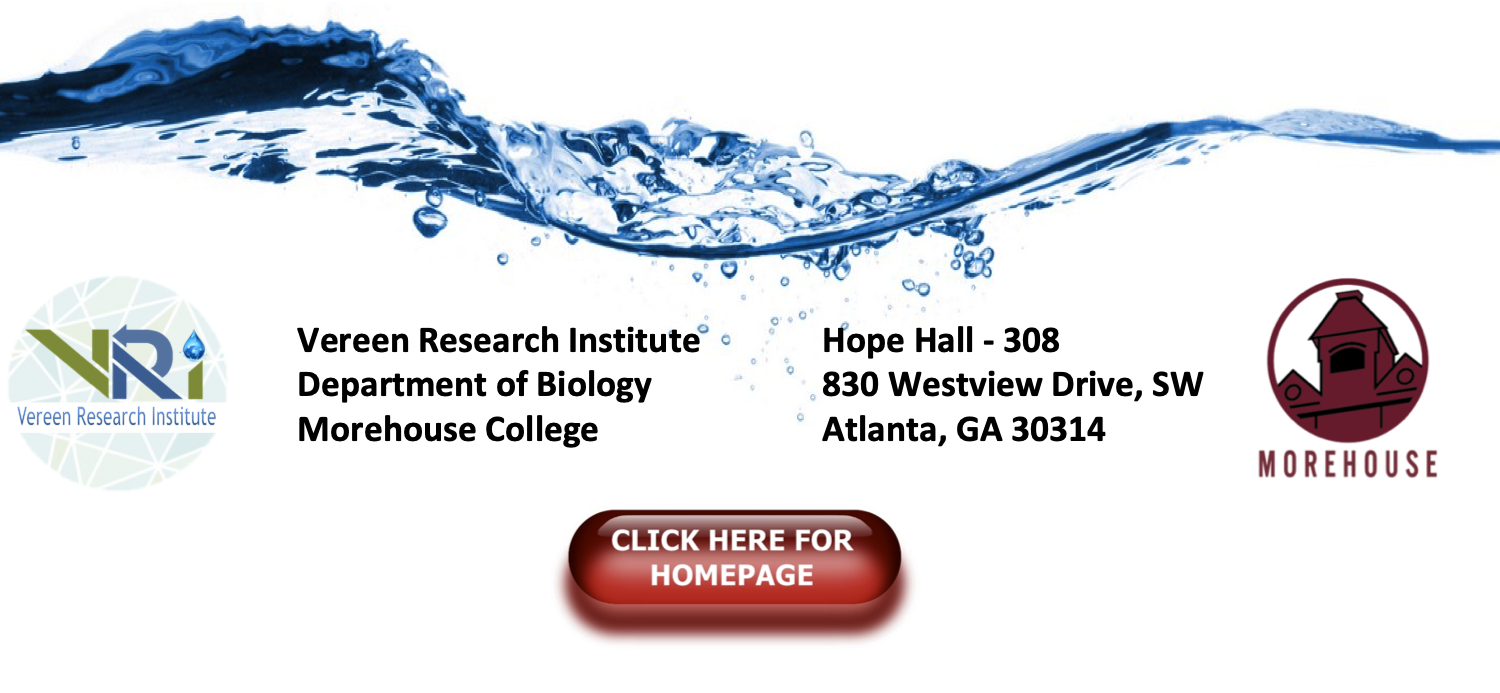WATER RESEARCHThrough our water quality research program, we are investigating various freshwater contaminants, many of which raise public health concerns making these water bodies unfit for their natural or intended uses. Pollution may be caused by fecal waste, chemicals, pesticides, petroleum, sediment, or even heated discharges.
|
MICROBIAL ECOLOGYOur microbial ecology research program focuses on using traditional and state-of-the-art genomic and metagenomic approaches to understand how bacteria affect ecosystem and human health; as well as the diversity and function of microbial communities in various ecosystems.
|
SCIENCE TEACHINGOur science teaching research is focused on the goal of enhancing student learning through effective and equitable student teaching practices that are based on research and best practices. Science education builds on the best of research in both worlds, science and education.
|
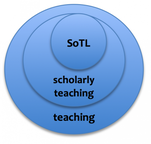
“Scholarly teaching is what every one of us should be engaged in every day that we are in a classroom, in our office with students, tutoring, lecturing, conducting discussions, all the roles we play pedagogically. Our work as teachers should meet the highest scholarly standards of groundedness, of openness, of clarity and complexity. But it is only when we step back and reflect systematically on the teaching we have done, in a form that can be publicly reviewed and built upon by our peers, that we have moved from scholarly teaching to the scholarship of teaching.”
Lee. S. Shulman, president emeritus of the Carnegie Foundation for the Advancement of Teaching
Science, Technology, Engineering, and Mathematics (STEM) education is an experiential learning pedagogy in which the application of knowledge and skills are integrated through in-context projects or problems focused on learning outcomes tied to the development of important college and career readiness proficiencies. STEM education creates critical thinkers, increases science literacy, and enables the next generation of innovators.
Lee. S. Shulman, president emeritus of the Carnegie Foundation for the Advancement of Teaching
Science, Technology, Engineering, and Mathematics (STEM) education is an experiential learning pedagogy in which the application of knowledge and skills are integrated through in-context projects or problems focused on learning outcomes tied to the development of important college and career readiness proficiencies. STEM education creates critical thinkers, increases science literacy, and enables the next generation of innovators.
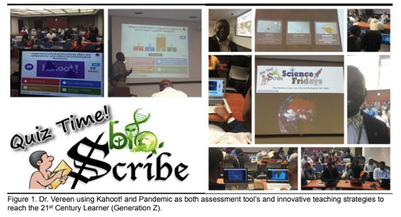
Brief summary of my SoTL Philosophy.
At the core of my Scholarship of Teaching and Learning (SoTL) philosophy is an understanding that intentionally studying teaching practices and student learning outcomes is crucial for producing excellence in instruction. As I continue to develop as an instructor, I am always evolving and more intentionally balancing my scholarly approach to teaching, to include SoTL. My scholarly approach to teaching has involved reading about and incorporating where applicable new teaching methodologies, reflecting on my own teaching practices, attending workshops and seeking out student and peer feedback on my instruction. SoTL takes this a step further and involves a systematic engagement and analysis of research questions related to instruction and student learning that are shared to advance the field of teaching and learning. As an example, ‘How do I know if my students are achieving the specific learning goals for a course?’ Class evaluations and observations provide excellent feedback about student satisfaction and teaching style, but they may not always answer the important questions of how much my students are learning and what activities or teaching strategies best engender deeper learning and understanding of the subject matter. As a Postdoctoral Research Fellow, I took great strides towards becoming an effective and proficient teacher, primarily through the Fellowship In Research and Science Teaching (FIRST) Program. FIRST is the largest and longest continuously running NIGMS/IRACDA postdoctoral training program in the US. This fellowship combined a traditional mentored postdoctoral research experience at Emory University, for me specifically in the Rollins School of Public Health and Center for Global Safe Water with an experience to develop teaching skills through innovative programs that involve mentored assignments at one of the Atlanta University Center Consortium institutions - Clark Atlanta University. This experience helped to develop my toolkit as an instructor and my approach.
As a faculty member at Morehouse College, I have mentored several FIRST Fellows and an Emory-Tibet Science Initiative Postdoctoral Fellow. This mentorship and training to me is an important aspect of SoTL as it provides an experience for development of teaching skills in much the same way undergraduates, graduates, or postdocs gain research skills in basic research. As we seek to improve teaching and learning, we must value the development of current and future teachers.
My SoTL work has been grounded in a focus on diversity and inclusion in natural resources, with particular interest in Pan-African and culturally responsive pedagogy in STEM. Mary Taylor Huber and Pat Hutchings have suggested that pursuance of SoTL means viewing the work of the classroom as a site for inquiry, asking and answering questions about students' learning in ways that can improve one's own classroom and also advance the larger profession of teaching. In other words, SoTL nurtures a deep curiosity about how, when, where and why people learn and how best to teach to create optimal learning opportunities!
At the core of my Scholarship of Teaching and Learning (SoTL) philosophy is an understanding that intentionally studying teaching practices and student learning outcomes is crucial for producing excellence in instruction. As I continue to develop as an instructor, I am always evolving and more intentionally balancing my scholarly approach to teaching, to include SoTL. My scholarly approach to teaching has involved reading about and incorporating where applicable new teaching methodologies, reflecting on my own teaching practices, attending workshops and seeking out student and peer feedback on my instruction. SoTL takes this a step further and involves a systematic engagement and analysis of research questions related to instruction and student learning that are shared to advance the field of teaching and learning. As an example, ‘How do I know if my students are achieving the specific learning goals for a course?’ Class evaluations and observations provide excellent feedback about student satisfaction and teaching style, but they may not always answer the important questions of how much my students are learning and what activities or teaching strategies best engender deeper learning and understanding of the subject matter. As a Postdoctoral Research Fellow, I took great strides towards becoming an effective and proficient teacher, primarily through the Fellowship In Research and Science Teaching (FIRST) Program. FIRST is the largest and longest continuously running NIGMS/IRACDA postdoctoral training program in the US. This fellowship combined a traditional mentored postdoctoral research experience at Emory University, for me specifically in the Rollins School of Public Health and Center for Global Safe Water with an experience to develop teaching skills through innovative programs that involve mentored assignments at one of the Atlanta University Center Consortium institutions - Clark Atlanta University. This experience helped to develop my toolkit as an instructor and my approach.
As a faculty member at Morehouse College, I have mentored several FIRST Fellows and an Emory-Tibet Science Initiative Postdoctoral Fellow. This mentorship and training to me is an important aspect of SoTL as it provides an experience for development of teaching skills in much the same way undergraduates, graduates, or postdocs gain research skills in basic research. As we seek to improve teaching and learning, we must value the development of current and future teachers.
My SoTL work has been grounded in a focus on diversity and inclusion in natural resources, with particular interest in Pan-African and culturally responsive pedagogy in STEM. Mary Taylor Huber and Pat Hutchings have suggested that pursuance of SoTL means viewing the work of the classroom as a site for inquiry, asking and answering questions about students' learning in ways that can improve one's own classroom and also advance the larger profession of teaching. In other words, SoTL nurtures a deep curiosity about how, when, where and why people learn and how best to teach to create optimal learning opportunities!
